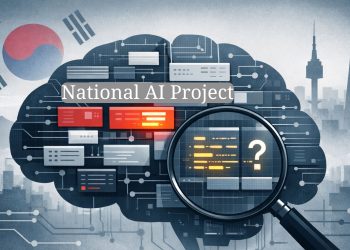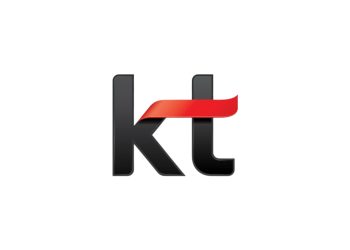Brian Koo, a member of the LG Group’s founding family, is backing the development of South Korea’s largest data center amidst the global AI infrastructure race. His investment firm, Fir Hills Inc., has partnered with Dr. Amin Badr-El-Din to establish Stock Farm Road Inc. (SFR), a new venture leading the project. The company recently signed a Memorandum of Understanding (MoU) with Governor Kim Yung-rok of Jeollanam-do province to advance the initiative.
The planned facility, built in southwest South Korea, will have a power-receiving capacity of 3 gigawatts upon completion in 2028. Construction is expected to start in the winter of 2025, with the total investment projected to range from $10 billion to $35 billion.
The data center, estimated to cost an initial $10 billion, will incorporate advanced cooling systems and be designed to manage power load fluctuations, a critical requirement for large-scale AI operations. The project could expand into a $35 billion endeavor if fully realized. While Stock Farm Road has not disclosed specific details on fundraising, it stated that financing would come from a consortium of international investors.
If completed as planned, the facility will rival the scale of Reliance Group’s upcoming data center in India, owned by Mukesh Ambani, and significantly surpass the capacity of existing data centers. Current large-scale data centers operate below 1 gigawatt, according to DC Byte, but as AI computing demands surge, industry leaders are planning even larger infrastructure projects.
Brian Koo, described in company statements as an LG Electronics scion, has a background in venture capital, having founded firms like Harbor Pacific Capital and Formation 8. His co-founder, Dr. Amin Badr-El-Din, leads BADR Investments and emphasized that the project is a strategic step toward advancing Korea’s technological leadership. Both entrepreneurs believe the data center will serve as a foundation for AI-driven industries and digital transformation.
The Jeollanam-do provincial government is providing key support, including assistance with permits and regulatory approvals. Fir Hills and Stock Farm Road also plan to extend similar AI infrastructure projects across Asia, Europe, and the United States, further solidifying their role in the growing AI-driven data economy.
The discussions around South Korea’s largest data center come at a time when the AI landscape is shifting, with Chinese startup DeepSeek introducing low-cost, open-source AI models that could challenge the sector’s profitability. Meanwhile, South Korea has been ramping up its AI infrastructure efforts, announcing a 1GW data center campus in Jeollanam-do in 2023 and another 1GW project in Gangwon Province in early 2024. Despite these initiatives, most of the country’s data centers remain concentrated around Seoul, with a smaller hub in Busan.
Massive AI-driven data center investments are becoming a global trend. OpenAI recently unveiled “The Stargate Project,” a $500 billion plan to expand its AI infrastructure over four years, with an initial $100 billion deployment. Major backers like Oracle, SoftBank, and Abu Dhabi’s MGX have committed $45 billion, though additional funding is still needed. OpenAI CEO Sam Altman has even hinted at future investments reaching as high as $5 trillion, underscoring the scale of demand for AI computing power.







